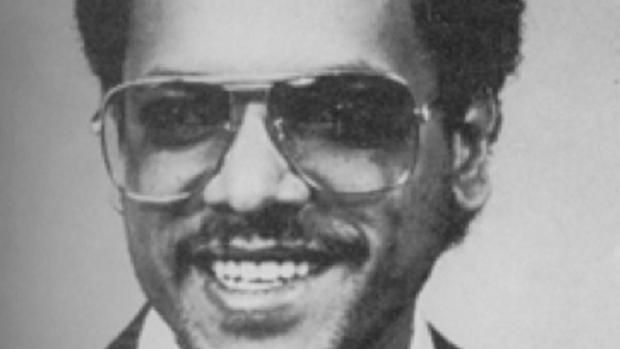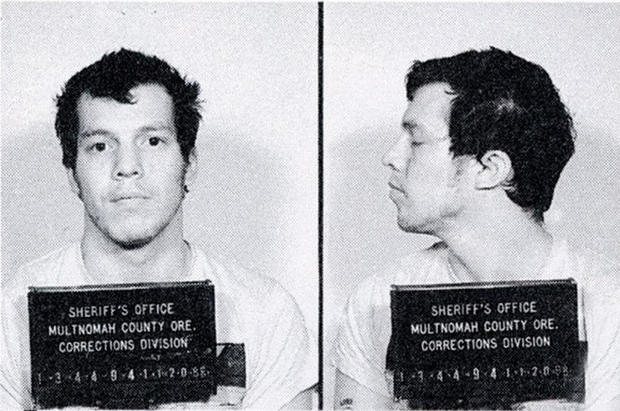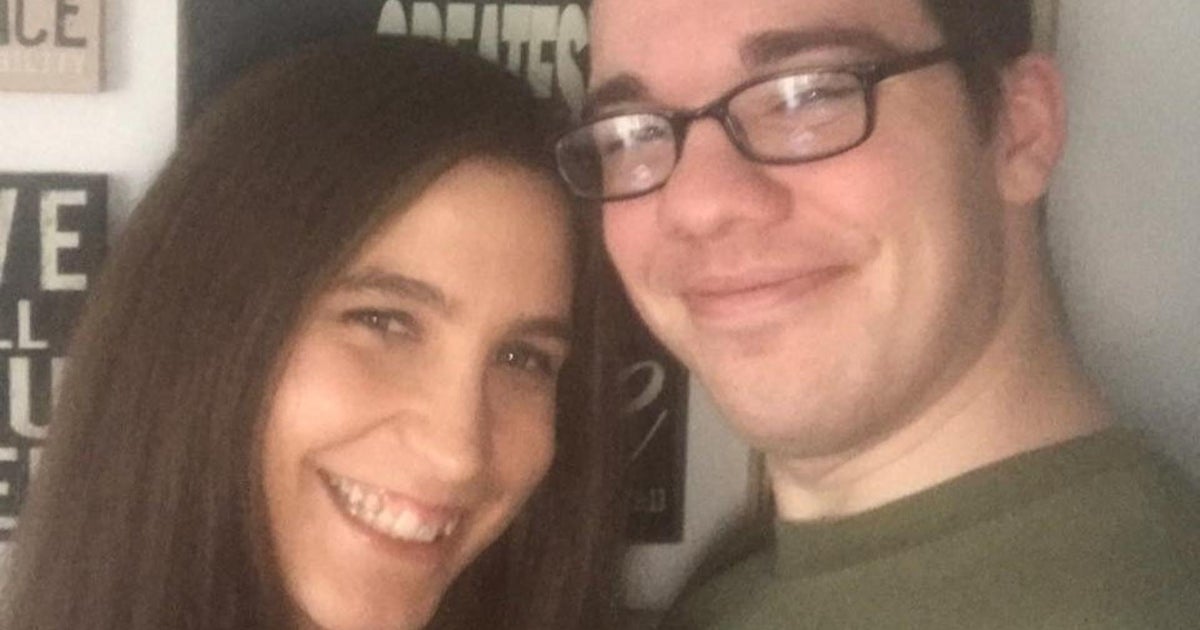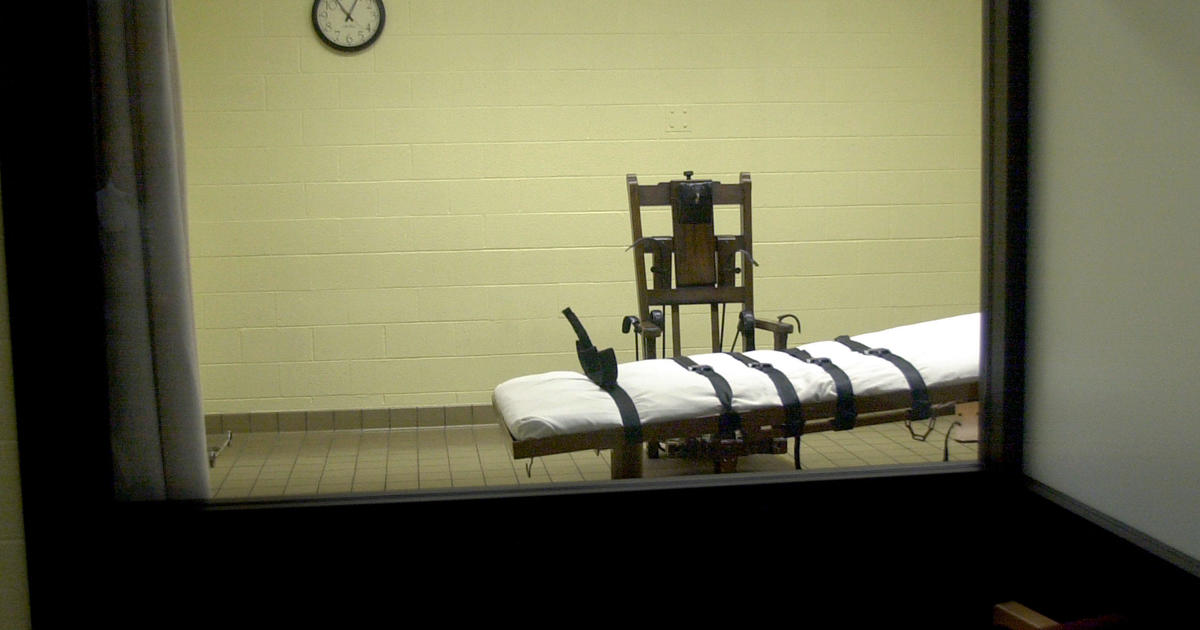The deadly hate crime that shocked Portland
On May 26th, 2017, a white supremacist stabbed and killed two men on a mass transit train in Portland, Oregon. He severely wounded a third man. They were defending two teenage girls from a barrage of his hateful, racist threats.
Most of the citizens of Portland were shocked, as was the country. How could such a gruesome, racially-motivated crime happen in one of the nation's most progressive cities; a town stereotyped for its quirkiness and over-the-top liberalism?
But another part of the population was not surprised at all. Because it has happened before, nearly 30 years ago.
"There are many, many ways the black population in Oregon has been kept down. And I think it was fertile ground for white supremacy," said Elinor Langer, author of "A Hundred Little Hitlers," a detailed account of the 1988 murder of an Ethiopian immigrant named Mulugeta Seraw.
On November 12th of that year, three Neo-Nazi skinheads from the group East Side White Pride beat Seraw to death in the middle of a quiet neighborhood street.
Seraw's friends, also Ethiopian immigrants, were dropping him off at his apartment complex after a night out. Their car idled in the street as Seraw stood outside, saying his goodbyes through the car window. Soon, a car full of skinheads leaving a nearby apartment pulled up behind them, yelling for the black men to get out of the way. A screaming match ensued and quickly escalated to a brutal crime.
According to Langer's book, three skinheads -- Kyle Brewster, Steve Strasser, and Ken Mieske -- jumped out of their car and attacked Seraw and his two friends. Brewster began fighting with Seraw; Strasser and Mieske kicked and swung at the other car with a baseball bat. One of Seraw's friends fled and hid under a nearby parked car while the other sped off. Mieske took the bat, hit Seraw over the head three times, and left him dying in the road. He died in the early morning hours of November 13th, 1988.
"People [in Portland] were surprised, they were shocked. They acted as if Oregon were not in fact an extremely racist place," Langer said. "Nothing could be further from the truth."
In actuality, Portland was once considered the skinhead capitol of the country.
White nationalists have long rallied behind a call to action known as the "Northwest Imperative." The goal is to claim the overwhelmingly white states of Oregon, Washington, and Idaho, popular recruiting grounds, as their utopian territory. During the 1980s and 1990s, this manifested in increasingly violent Neo-Nazi skinhead gangs spreading throughout the region. In Portland in particular, their trademark thick black boots and leather jackets blended right in with the popular punk rock music scene of the time.
Portland responded to the murder by prosecuting the skinheads, and working to dispel the idea that white supremacist groups had rooted themselves in the city. Rallies and protests drew large crowds denouncing white supremacy. A new law was passed requiring Oregon police to report bias crimes to a database. The three men were arrested and charged for Seraw's death. Mieske pled guilty to first-degree murder and was sentenced to life in prison. Brewster and Strasser pled guilty to lesser charges of manslaughter and assault, and each received 20-year sentences.
Then another lawsuit came along in 1989, from the Southern Poverty Law Center. They sought to pin responsibility for Seraw's death on a white supremacist leader from California, Tom Metzger, and his son John. It was under the guidance of the Metzgers that a man named Dave Mazzella first organized the East Side White Pride gang. He taught Mieske, Strasser, and Brewster their violent ideology. Because of this, a jury found Tom and John Metzger guilty of inciting Seraw's murder, and ordered them to pay $12.5 million to his estate.
It was a major victory for the SPLC, and left Metzger's racist operation bankrupt. But some Portland residents saw the entire trial as a way for the city to deny it had its own larger white supremacy problem to deal with.
"That was the spirit of it. It was, 'We're not like this.' It was denial," Langer explained. "It wasn't these local skinheads, it was this outside agitator from California."
Twenty-nine years later, Portland has an image as a liberal "Portlandia." In many ways, it is. But it is also the whitest big city in the country, at 70.4 percent. That number reflects the statewide percentage of 78, and the scarce diversity is not exactly an accident. When Oregon entered the union in 1859, its constitution outlawed black people from living in the state or risk public lashings. That language, although no longer enforced after many decades, remained in the constitution until 2002.
It's part of the reason why the region is so attractive for the "Northwest Imperative." And it's a convenient imbalance for white nationalist groups. So when the horrific attack happened on a Portland public transit train in May, the surprised reaction from the community felt like 1988 all over again to those who have not forgotten.
"I was absolutely not shocked," Oregon historian Walidah Imarisha said. "It's in the DNA of Oregon ... you cannot have Portlandia without having a brutal history of repression of people of color."






